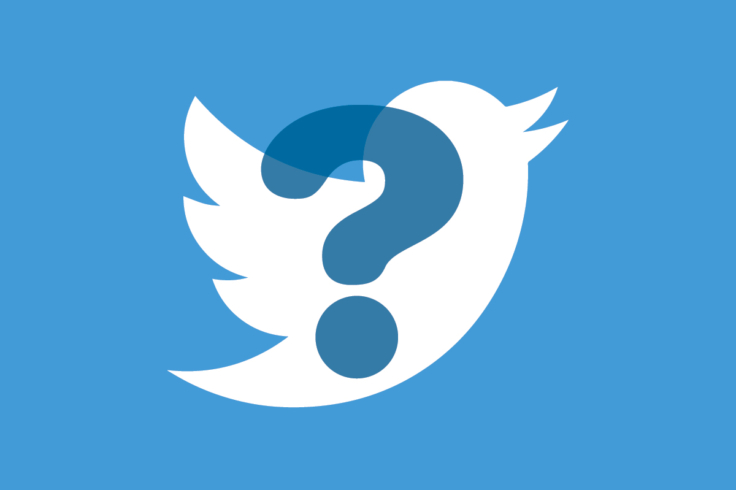Twitter’s Uncertain Future and its Impact on Businesses and Policymakers
With Elon Musk now at the helm of Washington’s most popular social media platform, the overall integrity of Twitter is being questioned. Concern that changes to content moderation policies will lead to a rise in hate speech and misinformation are a growing issue for corporations and government officials who are unsure if hate speech or misinformation will run alongside their content. News of mass layoffs and the resignations of many C-level executives has also caused users and policymakers to question the safety and security of the platform.
According to a new report released by the nonprofit watchdog group Media Matters for America, Twitter has lost half of its top advertisers since Musk took the helm. The report states that 50 of Twitter’s top 100 advertisers, which have collectively spent approximately $2 billion in spending since 2020, have pulled their advertising spend over the past month. These are companies that span across various sectors, including Abbott Laboratories, AMC Networks, American Express Company, Big Heart Petcare, BlackRock, Inc., CA Lottery (California State Lottery), Chanel, Chevrolet, Chipotle Mexican Grill, Inc., Citigroup, Inc., CNN, DirecTV, Ford, Heineken N.V., Hewlett-Packard (HP), Kellogg Company, Kohl’s Department Stores, Inc., LinkedIn Corporation, Marriott International, Inc., Mars Petcare, Merck & Co. (Merck Sharp & Dohme MSD), Meta Platforms, Inc. (formerly Facebook, Inc.), The Coca-Cola Company, The Kraft Heinz Company, and others.
Since taking over the platform, Musk has stated his intent to make Twitter less reliant on advertising – which previously made up approximately 90% of the company’s revenue. However, Musk’s new subscription service for “verified” accounts, which was launched last month, had lax protocols for approvals and led to a flurry of fake accounts popping up across the platform, including accounts impersonating current and former government officials, such as Senator Ed Markey, President Biden, and former Presidents Donald Trump and George W. Bush.
There were also fake accounts impersonating companies. After a fake account for Eli Lilly went live stating that insulin would now be free, the company’s stock price dropped 4.5% in just a few hours. These fake impersonation accounts were ultimately taken down, but Musk announced that verified impersonation accounts that state they are “parody” accounts within their name will be allowed to remain. For example, a fake parody account taking aim at former New York gubernatorial candidate, “Lee Zeldin (parody),” was allowed to remain on Twitter under Musk’s new rule.
Federal lawmakers and regulators are paying close attention to the impact Musk’s policies are having on the safety and security of the platform. The botched rollout of the verification subscription trigged a warning statement from the Federal Trade Commission (FTC) on November 10 with an FTC spokesperson confirming that the agency was “tracking recent developments at Twitter with deep concern.” A week later, a group of democratic senators, including Senator Markey, sent a letter to the FTC urging the agency to investigate Twitter for “any breach of Twitter’s consent decree or other violations of our consumer protection laws.”
Several other policymakers have publicly voiced their concerns, especially over foreign investment in Twitter. President Bidens expressed concern over the Saudi government’s investment in the Twitter deal, and Senator Ron Wyden, chair of the Finance Committee, raised concern over the agreement, stating that Twitter needs a “careful review” by Congress.
It seems entirely possible that Musk will be called to testify before Congress and that the FTC may consider some form of disciplinary action against the company given its public warning earlier this month.
As businesses and policymakers consider whether to continue to post or advertise on Twitter, they will not only evaluate the security risks, but they must assess the threat to their brand from customers, employees, investors, and other concerned parties.



